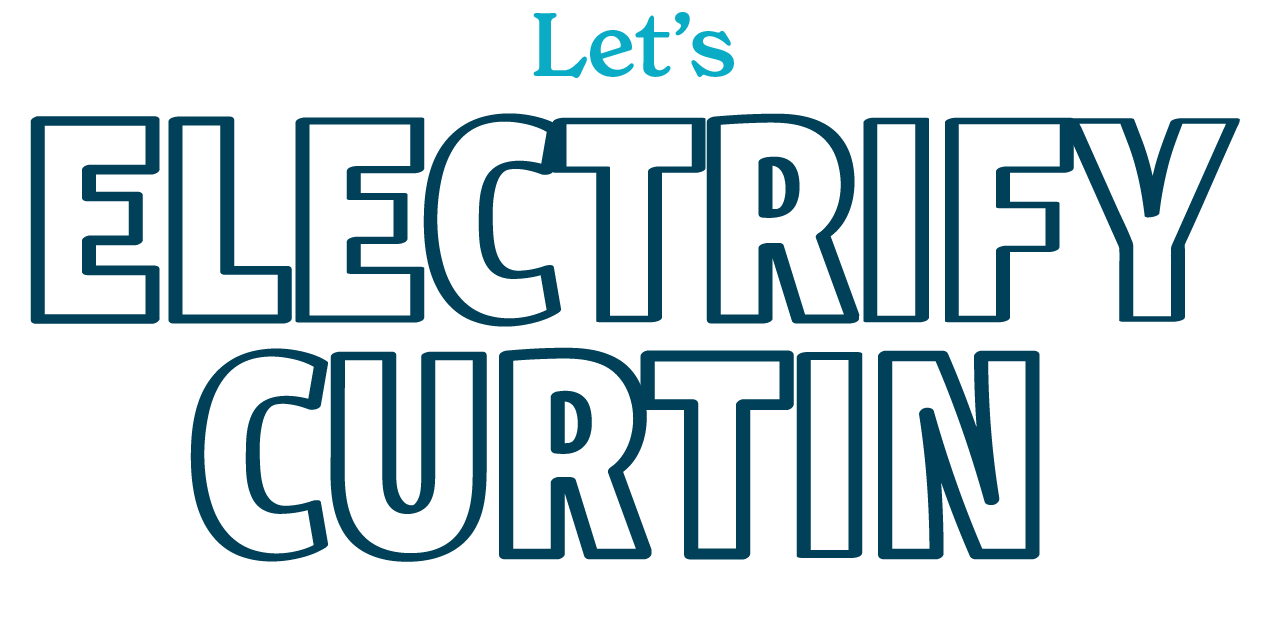ELECTRIC TRANSPORT
EVs, e-bikes, e-trikes and e-scootersOn the road to net zero
Electric vehicles (EVs) swap out petrol and diesel engines for batteries, which you can charge at home. Electric bikes, trikes and scooters offer cheap, powered transport for people who don’t want to drive. Electric vehicles (EVs) run on batteries that can be charged at home or from public charging stations, drawing electricity from the grid or your rooftop solar and home battery. This means that there’s no need to buy petrol or diesel ever again.
Electric bikes, electric cargo bikes and electric scooters are opening up a whole new world of powered independent transport for people who don’t (or don’t want to) drive a car. With rising petrol prices, they can be an affordable alternative to a second car.
Emissions reduction
Lower operating costs
Better health
EVs don’t need petrol or diesel, so there are zero tailpipe emissions. EVs are so much more efficient than Internal Combustion Engines (ICEs) that even if they’re charged from the grid, they still produce less emissions.
Vehicle pollution may cause over 11,000 premature deaths in Australia each year. EVs improve air quality and public health.
BENEFITS
PLANNNING AND PRACTICALITIES
Electric vehicle sales are racing ahead.Electric car sales are growing exponentially worldwide. In Australia, demand far outstrips supply, with many models selling out in hours. As new government policy takes effect in 2025, EVs will only become more available and affordable.
EVs provide a unique driving experience. They offer smooth and quiet operation, instant torque, and excellent acceleration. From compact cars to spacious SUVs, there's an electric vehicle to suit every lifestyle. Popular models available in Australia include the Tesla Model 3, Nissan Leaf, Hyundai Kona Electric, BYD Atto 3, and the MG ZS EV.
COSTS AND PAYBACK PERIOD
It’s important to consider your budget and the amount you are willing to spend on an EV. Currently electric cars are more expensive to buy upfront than comparable Internal Combustion Engine (ICE) models. However, they have significantly lower running costs due to cheaper refuelling and maintenance.
According to the NRMA (National Roads and Motorists’ Association), “On average, EV owners save from $810 to $1400 each year, providing savings of up to $7000 in just a five-year ownership period.” This amounts to a saving of nearly $2000 for every 20 000 km. (2023 figures)
CHARGING
EVs can be charged from home using conventional power points but will take much less time using a fast wall box charger (around $1000 to install). Check available charging infrastructure in the areas you will be driving regularly.
BATTERY LIFE AND WARRANTY
It’s important to check how long the battery is expected to last, and the warranty offered. “Most manufacturers provide an eight year/160,000km traction battery pack warranty, guaranteeing at least 70 per cent capacity after that period of time/mileage.” (RAC)
Battery technology is evolving rapidly and this is likely to further improve in coming years.
RESOURCES
GOVERNMENT FUNDING
Since May 2022, WA offers a $3,500 rebate when purchasing an EV below $70,000, but this is capped to 10,000 vehicles and so may run out soon. The Federal government is also stepping in to exempt some battery, hydrogen fuel cell and plug-in hybrid electric cars from fringe benefits tax and import tariffs.
However, they need to be below the Luxury Car Tax threshold for fuel efficient cars, which currently sits at $84,916. This only applies to cars purchased after July 1, 2022.
HELPFUL WEBSITES
CONTRACTORS IN CURTIN
This is not a comprehensive list of contractors in or around Curtin, but an example of some businesses that our volunteers are familiar with. This is not an endorsement of any of these business by Kate Chaney MP or Electrify Curtin. Please do your own research to decide what’s best for you.

